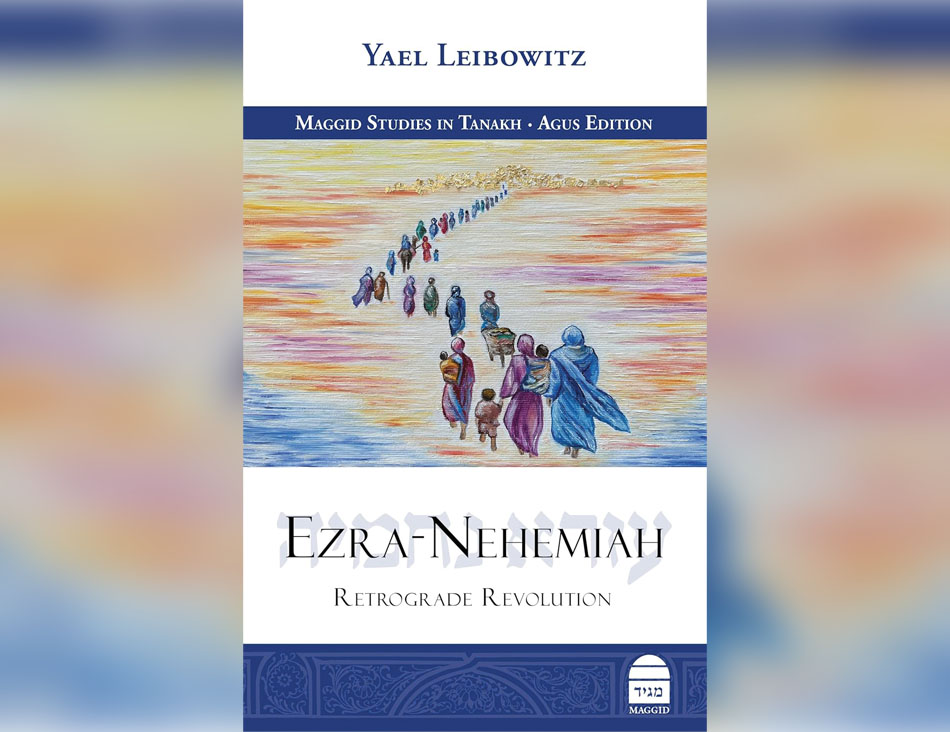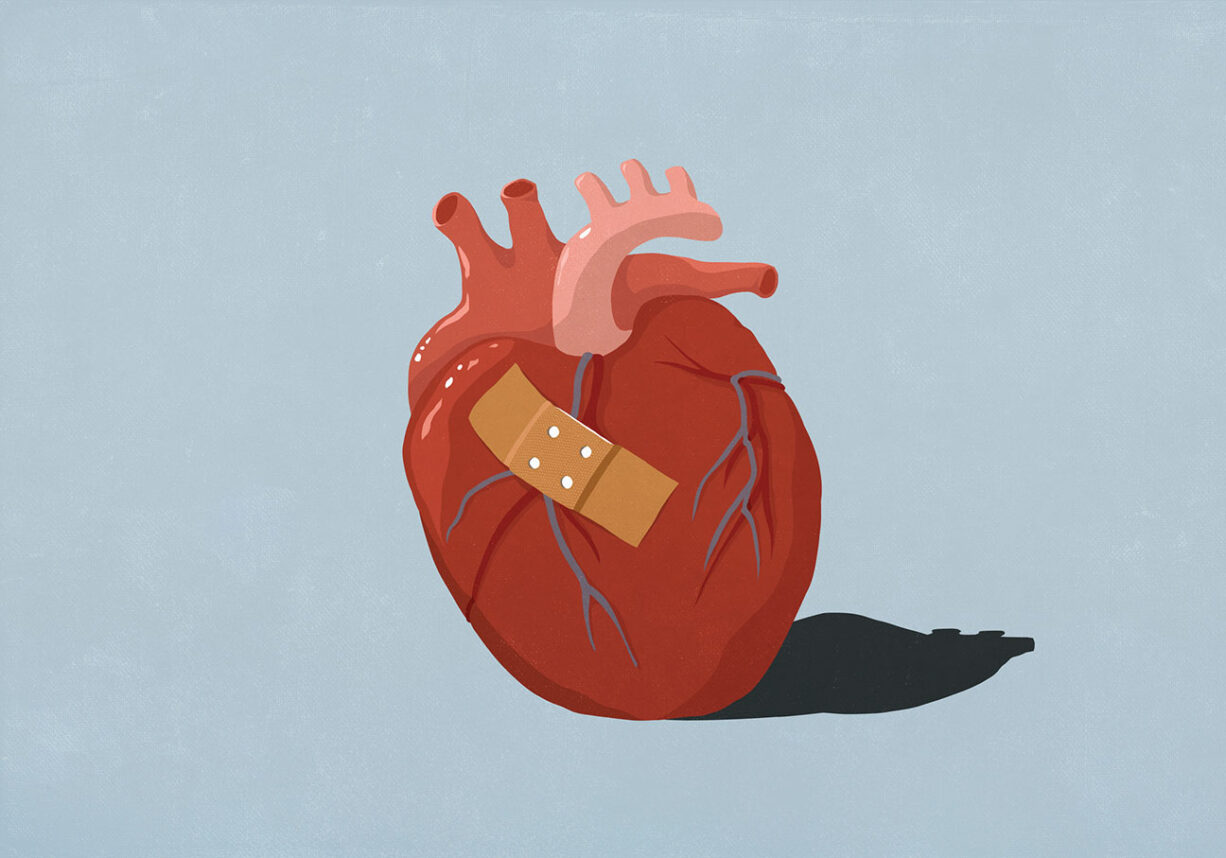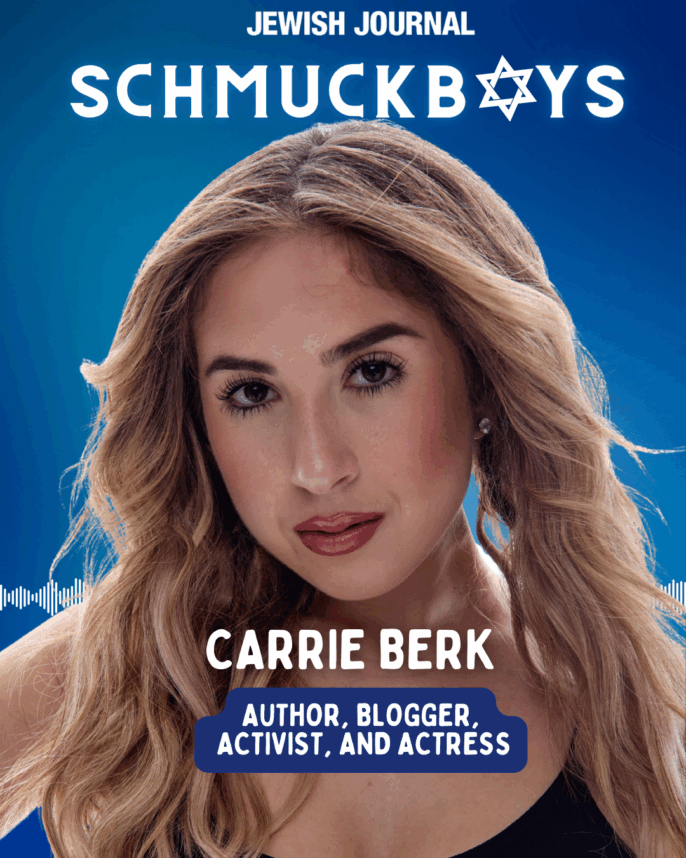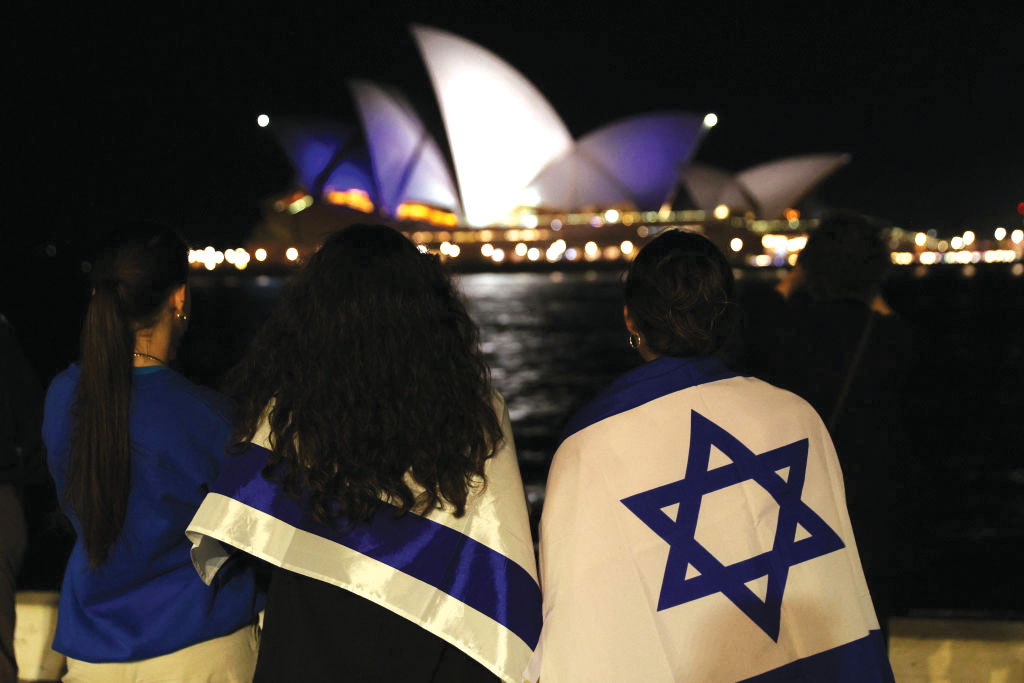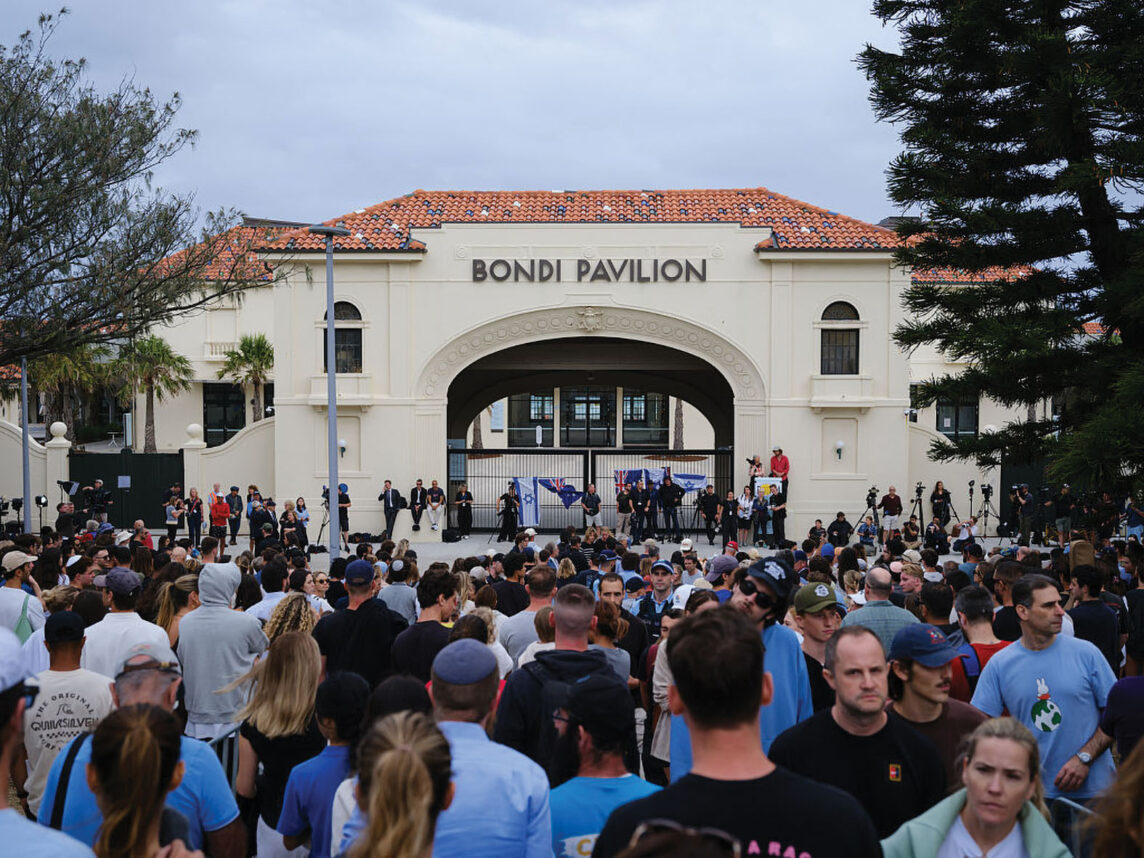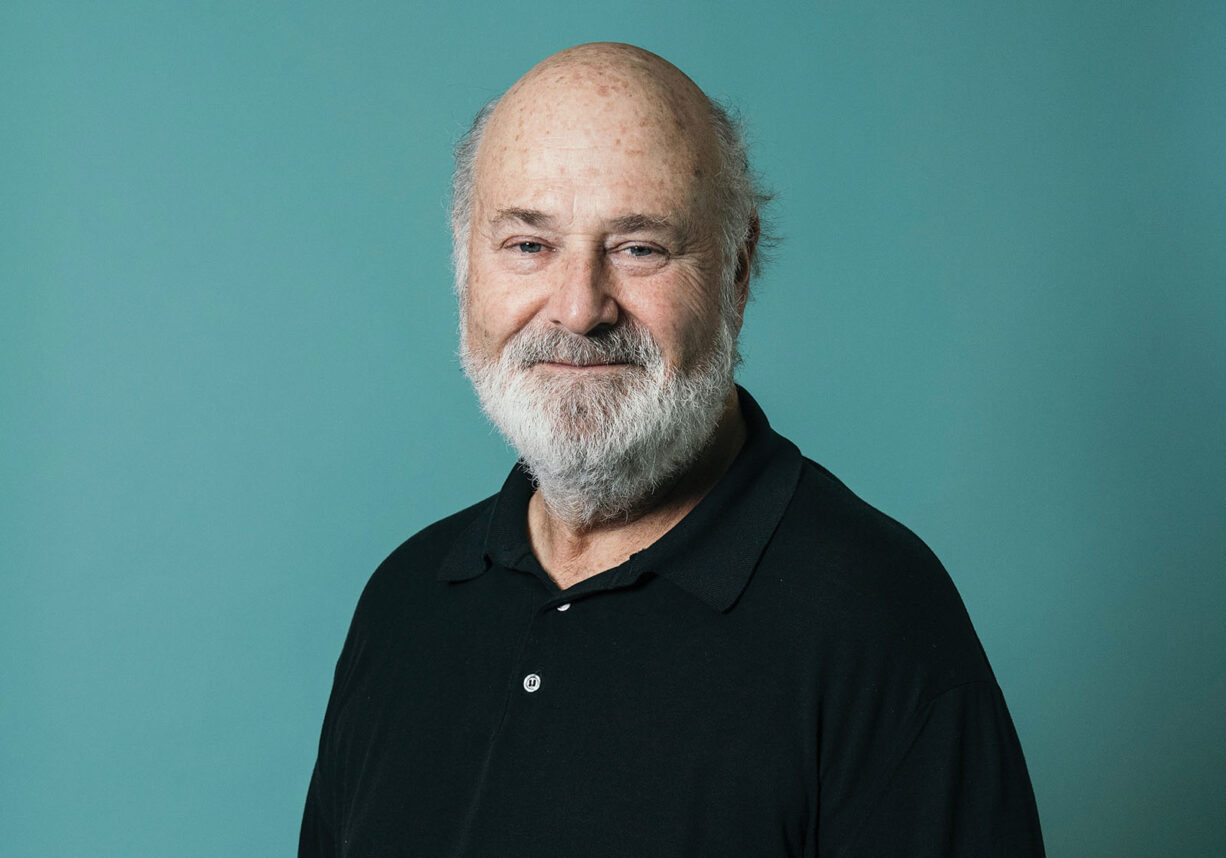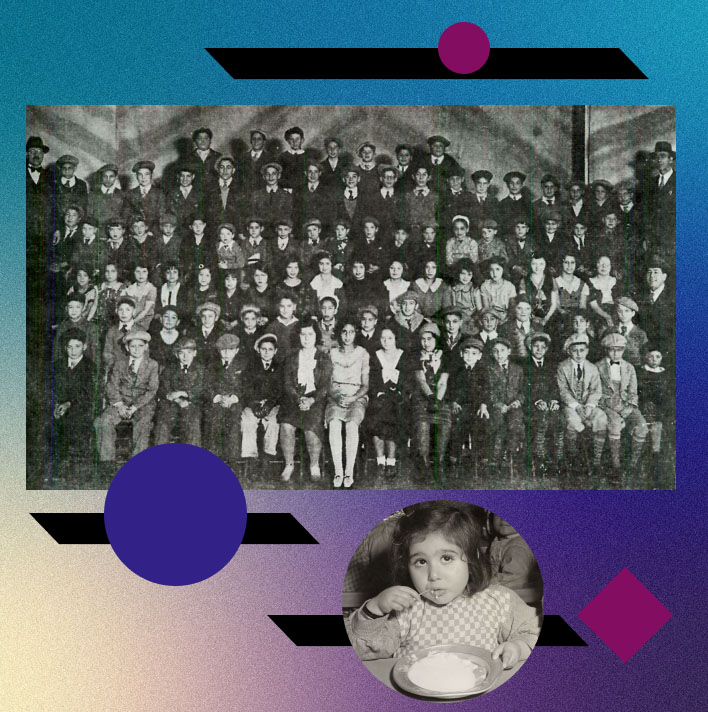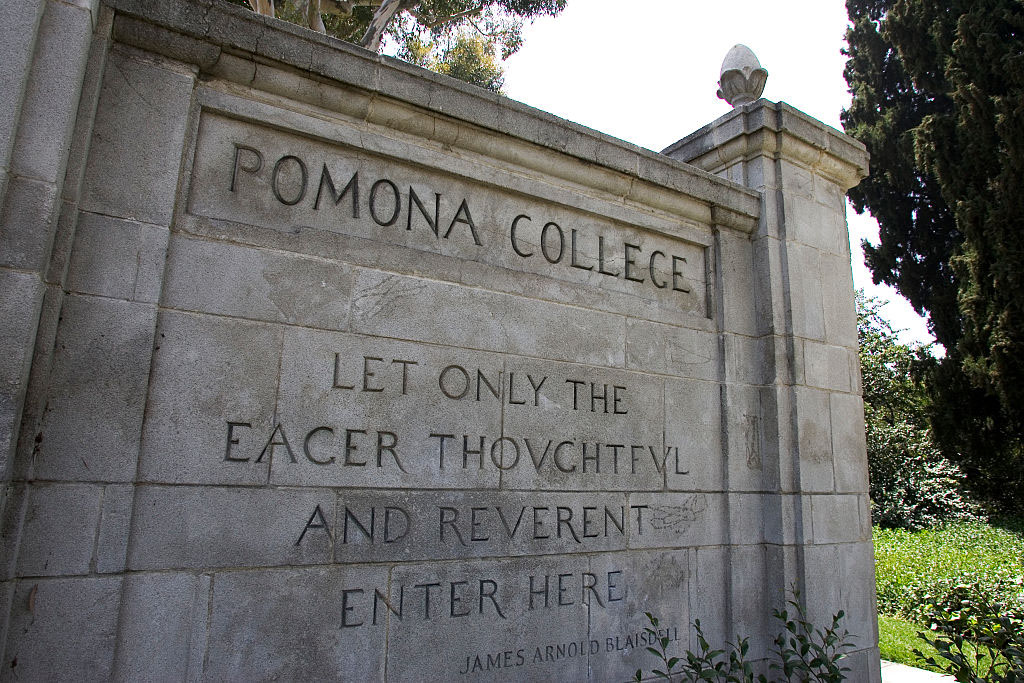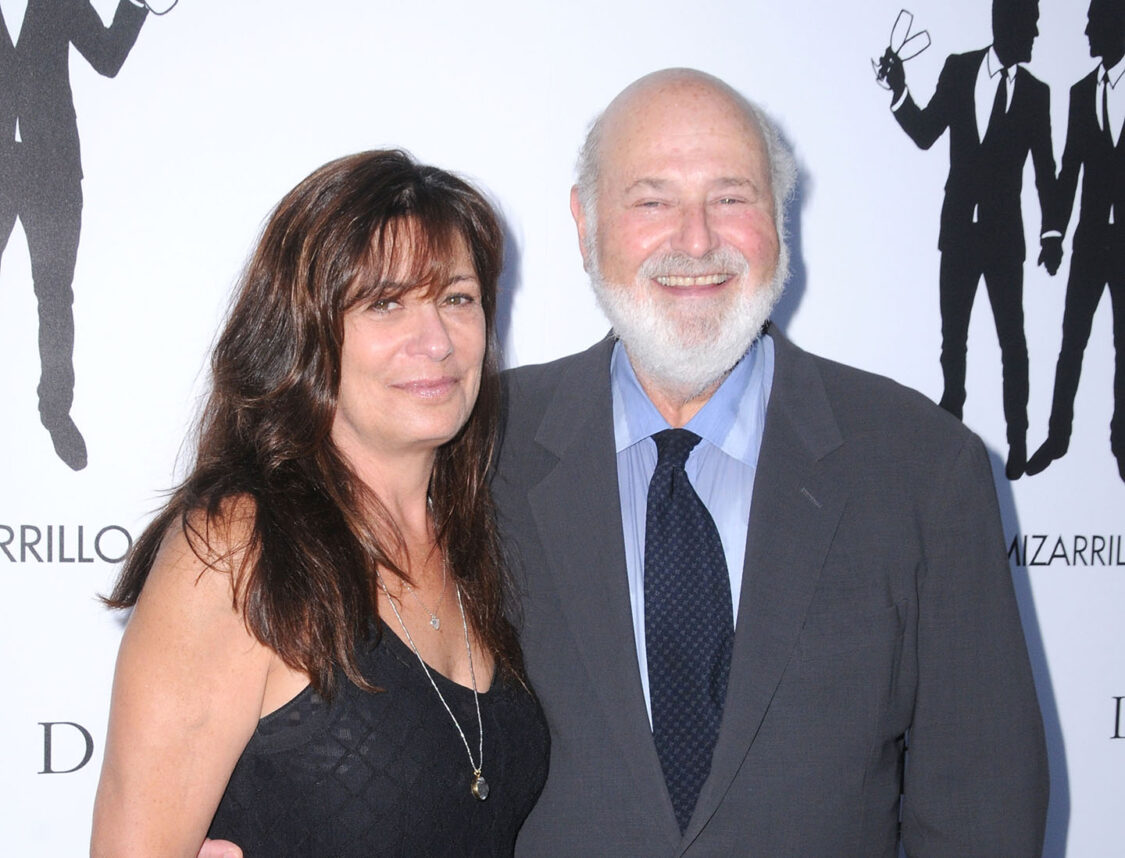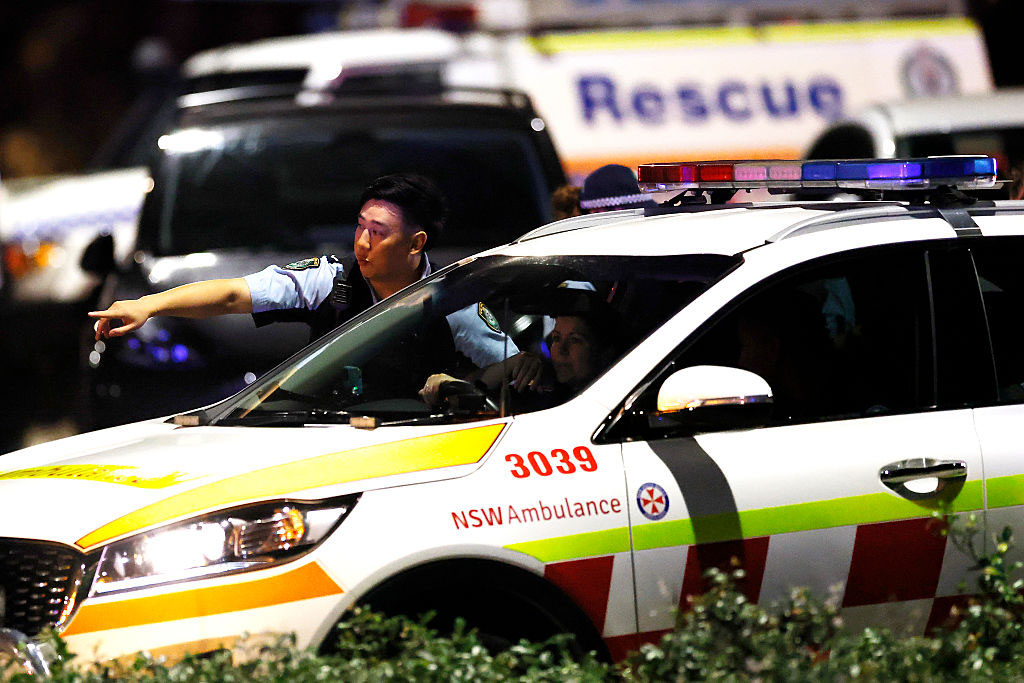Soldier of Fortune
Adam Goldberg is reaping the benefits of “Saving Private Ryan.”
By Tom Tugend, Contributing Editor
When Steven Spielberg first saw Adam Goldberg in the television series “Relativity,” the director scribbled a three-word memo to himself: “intense, funny, Jewish.”

Out of this thumbnail description grew Goldberg’s role as Pvt. Stanley Mellish, the Jewish infantryman in “Saving Private Ryan.” The unflinchingly realistic World War II movie, starring Tom Hanks, has opened to almost universal critical superlatives.
Goldberg’s role and the film’s impact have made him a minor Jewish icon. But the actor abhors the idea of being stereotyped. “I want total latitude in my work,” he says during a 90-minute interview at his girlfriend’s Hollywood Hills home.
To keep the record straight, he also points out that, according to traditional Jewish law, he is not Jewish. His father is, but his mother is a non-practicing Catholic of German-Irish-French descent.
It was his mother, however, who enrolled him in the day school of Temple Emanuel in Beverly Hills, where he stayed from first grade through sixth grade.
The experience “pretty well burned me out on the religious aspect of Jewishness,” he says, to the point that he refused to have a bar mitzvah.
The reason for his rejection, at age 12, points to an early independence of character that marks much of his thinking and professional career.
“I felt that unless I really believed in what I would be saying, then everything was a sham and in a sense disrespectful to the religion,” he says.
Yet, at a crucial point in his career, Goldberg rejected the option of putting aside his Jewish identity entirely. Shortly before starting work on the feature film “Dazed and Confused,” which he knew would give his fledgling career a major boost, he decided to Anglicize his family name.
“At the last second, I decided not to do it,” he says. “The idea just made me uncomfortable.”
During his early Temple Emanuel days, he also caught the acting bug, when at age 7 he saw “Macbeth” at the Westside Jewish Community Center, performed by a group of 10-year-old thespians.
“After I got home, I reenacted the sword fights.”
When Goldberg auditioned for “Saving Private Ryan,” he had not seen a script, and even if he had, the character of Pvt. Mellish did not yet exist. What Goldberg was aiming for was the role of Pvt. Reiben, the rebellious Anglo soldier from Brooklyn, N.Y., which ultimately went to Edward Burns.
Goldberg encountered Mellish just three weeks before the start of shooting, when “someone surreptitiously slipped me the script,” he says. Even so, his role, and perhaps the film itself, almost came a cropper.
When Goldberg and the seven other men in his Ranger squad arrived in England in June 1997, they were met by ex-Marine Capt. Dale Dye, a man “with the coldest and steeliest-looking eyes I had ever seen,” Goldberg says.
Dye proceeded to put the “recruits” through a hellish, and by now legendary, boot camp training. After four days of intensive drill, constant driving rain, practically no sleep in soaked pup tents and ailments ranging from fever and blisters to vomiting, the group of independent-minded actors rebelled.
In a formal vote, seven of the “soldiers” decided to go over the hill and quit the film. Only Tom Hanks dissented, telling the men they would regret their decision 25 years hence, and asked for a second vote.
This time the majority decided to stick it out, with only Goldberg and another man dissenting. “I knew how the vote would go, but I wanted to make my point…I felt I owed that much to my integrity,” he says.
In the meantime, the character of Pvt. Mellish was changing. “It started out as a wise-ass, tough Jewish kid,” says Goldberg. “Then it became this real obtuse guy, the butt of jokes. Finally, we went back to the wise-ass kid.”
In contrast to earlier wartime books and films, such as “The Young Lions,” which stressed the often vicious anti-Semitism in the American army, “Private Ryan” takes Mellish’s Jewishness for granted, without hammering home the point.
There are only three brief incidents, all initiated by Mellish, to show that he is a Jew, and one has to pay fairly close attention to catch them.
The first comes right after the opening D-Day invasion sequence, when a buddy finds a decorated Hitler Youth knife and hands it to Mellish. He looks at it, cracks “Now it’s a Shabbes challah cutter,” and then breaks down and cries.
In the second incident, during a close combat scene, a German soldier hurls odd insults (“Babe Ruth is a Jew”) and Mellish yells back, “Your priest was circumcised by my rabbi, you prick.” (Goldberg wanted to use a less printable exclamation, but he was overruled by Spielberg.)
Finally, in the most affecting of the three incidents, Mellish confronts a line of German prisoners of war, pulls out a Star of David rubber-banded to his dog tags, shoves it into a German’s face, saying over and over, “Ein Jude, ein Jude, ein Jude.”
Goldberg, at 27 and looking younger and skinnier than on the screen, has a full professional plate. He will next be seen in the Ron Howard film, “Ed TV,” and has an exclusive deal with ABC to develop and star in his own television series.
While he plans to continue acting, his major focus is on writing and directing his own feature films. He has made a start with the neo-noir “Scotch and Milk,” a jazz-laden movie shot in black-and-white, which he describes as “my pride, my joy and my pain.”
Goldberg has also started up a yet unnamed rock band, in which he plays the guitar and sings, and has cut a jazz album, “Changes,” with his friend Phil Maturano. He also writes poetry and is trying “to get back to my adolescence” by playing whiffle ball at the beach.
Goldberg is a third-generation Angeleno, raised in Hollywood, and now lives in the unfashionable Silver Lake district, near downtown Los Angeles. “I have taken it upon myself,” says the actor, with mock bombast that would do Private Mellish proud, ” as a lifelong endeavor, to imbue this city with integrity, honor and artistic virtue.”










